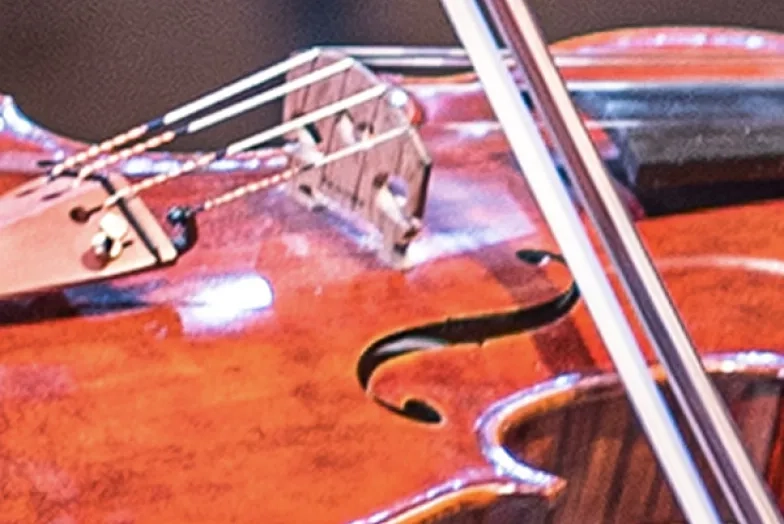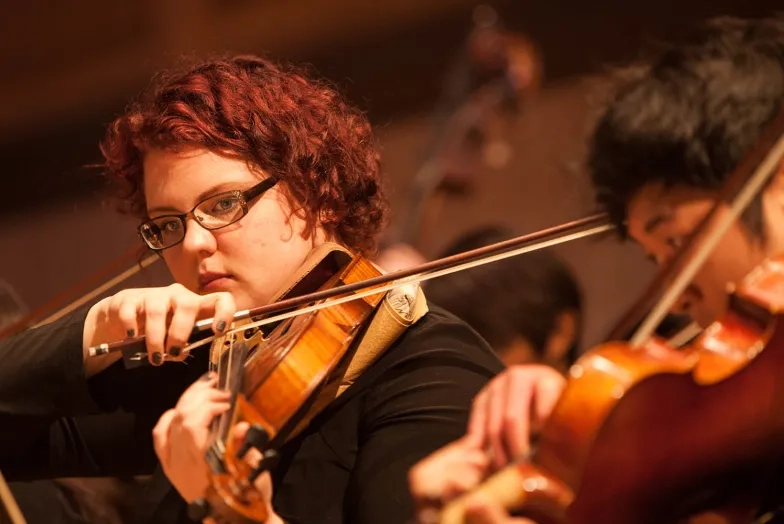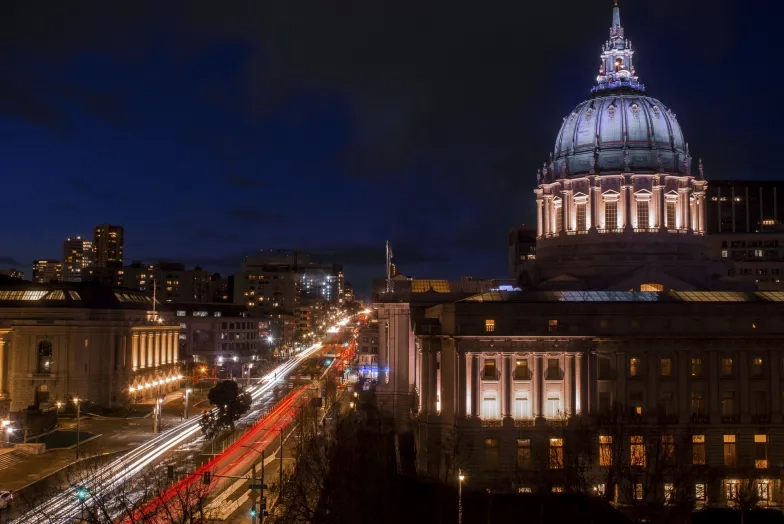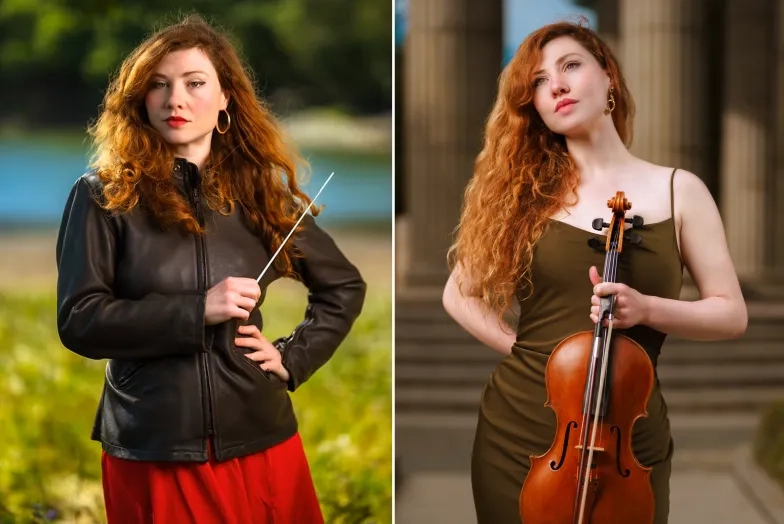Concert
Chamber Music
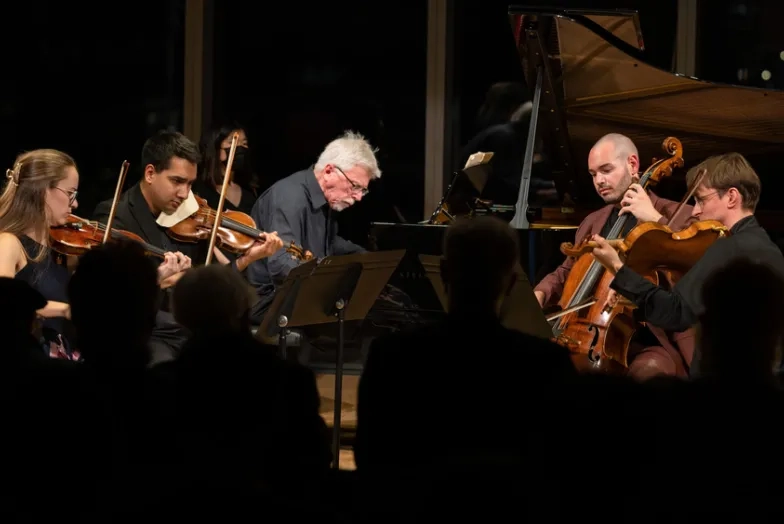
Tue
Feb
17
7:30 PM
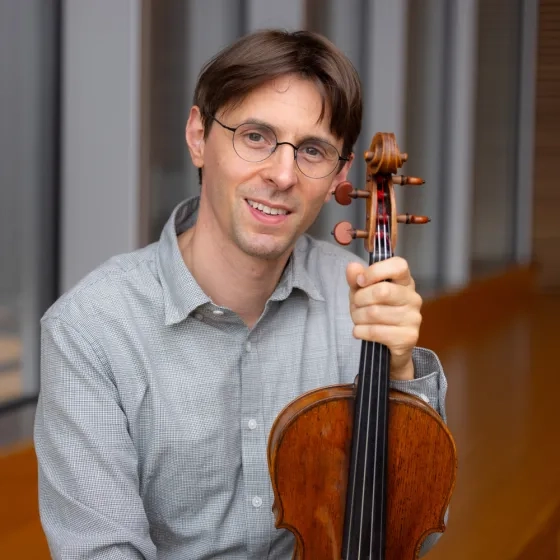
Courses Taught
Applied Lessons
Viola Performance Class
Chamber Music
Education
Artist Diploma, New England Conservatory
MM, Guildhall School of Music and Drama
BM, Guildhall School of Music and Drama
Ensembles
Esmé Quartet (2023- )
Boston Chamber Music Society (2013-2023)
Awards and Distinctions
Avery Fisher Career Grant, 2014
First Prize, Primrose International Viola Competition, 2008
Second Prize, Tokyo International Viola Competition, 2009
Special Prize for a Contemporary Work, ARD Munich Competition
Notable Studio Wins
Sohui Yun, 1st prize at the Washington International Competition for Viola
Distinguished Alumni
Jordan Bak - viola soloist, winner of audience prize at Concert Artist Guild, viola faculty at University of North Carolina School of the Arts
Zhenwei Shi - Principal viola at the Atlanta Symphony
Sofia Basile - Section viola at the New York Philharmonic
Steven Laraia - Section viola at the Boston Symphony Orchestra
Murrath has phenomenal technical ability … astonishing skill. He is a very accomplished musician indeed.”
What is your hometown?
Brussels, Belgium
Who were your major teachers?
Kim Kashkashian, David Takeno and Natalia Boyarsky. Atar Arad with whom I worked for two Summers was also a major influence.
Defining moment you decide to pursue becoming a professional musician?
In middle school, the moment I realized that no matter what class I was sitting in, I was still singing a Schubert or Beethoven symphony in my head.
What was the turning point in your career?
There were several. First was meeting and playing violin for Yehudi Menuhin, which led to attending his school in England. When I was there, I got to play chamber music on his viola, and fell in love with the instrument. It makes it all the more meaningful to be teaching at SFCM where Menuhin studied!
The turning point for my move from London to the US was going to the Ravinia Festival and meeting Kim Kashkashian. That is what led me to go study in Boston.
One more important moment came at the time I was fortunate to win the Primrose competition. If it had not been for New England Conservatory needing a viola teacher at that time, I would have gone back to Europe. Instead, I started teaching and performing more here in the US.
What are your most important collaborations?
I had the chance to work with some incredible musicians. There are things I try to recapture from each of those experiences. From Richard Goode, I loved his sense of freedom; from Mitsuko Uchida, her expressive intensity and care of each note. Gidon Kremer struck me with his ability to create tension in performances.
Viola-wise, playing alongside Nobuko Imai, Tabea Zimmerman and Kim Kashkashian really opened my eyes and ears to how they approach the instrument from different angles.
What is your favorite recording?
I have so many! I will have to go for my favorite viola recordings then: Hindemith Sonatas with Kim Kashkashian and Robert Levin; Saltarello by Garth Knox (which includes music for the viola d’amore).
What is a special memory you have from a concert you played in?
It was playing a Mendelssohn string quartet with violinist Pamela Frank when she first started performing again. It was one of those magical moments you felt the whole group was breathing as one. There was trust and we all felt so privileged to be able to just play music!
What is a special memory from a performance in which you were a listener?
Leon Fleischer playing Schubert Sonata in B-flat major. Time simply stopped during that performance.
What do you like to do outside of music?
Reading. Classic literature and books on psychology and pedagogy.
What question do you wish students would ask sooner rather than later?
‘How can I practice effectively?’ and ‘What is my goal here?’
What is your teaching philosophy?
I give students the help according to their needs. It is important for violists to approach the instrument in a way that is physically sustainable and this means with little to no excessive tension. When students have the freedom to control their instrument, they naturally become more expressive. For this reason, I make a point to help the students build a strong technical foundation.
From the musical side, I also try to help the student discover the story they want to tell through the music, while staying true to the composer’s intentions.
What are the skills you want your students to leave school with?
The goal is to have each student leave the school with a strong set of skills that allows them to grow for many years after they graduate. I believe students should have strong skills in all these areas: solo, chamber music, orchestra, teaching, historical performance. Getting better in one area helps the others too, and it is best in these changing times to be adaptable. That means having a wide range of skills.
Do you have studio classes? How do they run?
My studio has a weekly performance class. About half of it is devoted to students performing their current repertoire for each other. The other part is used for playing scales and technical exercises for one another. Each month, we go through a special exercise book on one aspect of playing (e.g. shifting, double stops). We keep it constructive, so it is nothing to be afraid of!
What is a favorite quote that you repeatedly tell students?
“Practice focusing on one thing at a time!” I wish I knew this sooner as a student! So many hours could have been used more effectively. It is part of the learning process.
What is your daily practice routine?
When I was a student, and now when I am preparing for solo recitals, I would practice three to four hours every day. Regularity is important.
Whether or not I am preparing for something, I like to play every day and divide my time between warm up exercises, shifting exercises, scales, arpeggios, an etude/caprice and some Bach. I try to play Bach every day, it is good for the soul.
If you could play only three composers for the rest of your life, who would they be?
Bach, Beethoven and Schubert.
From a music history perspective, what year and city are most important to you?
1919: an important year for the viola, with Hindemith, Bloch and Clarke writing their major viola sonatas that year.
What recordings can we hear you on?
My first full album ‘Beginnings’ was released in 2017 with sonatas by Vieuxtemps, Clarke and Hindemith. I am also playing on several contemporary music recordings. The easiest way to listen to me is to find me on youtube and Spotify.
What is your unrealized project?
Learning the viola d’amore
Born in Brussels, Belgian American viola player Dimitri Murrath made his mark on the international scene, performing as a recitalist and soloist in venues including Kennedy Center (Washington), Wigmore Hall, Purcell Room, Royal Festival Hall (London), and Théâtre de la Ville (Paris).
A first-prize winner at the Primrose International Viola Competition, Dimitri Murrath has won numerous awards, including top prizes at the Tokyo International Viola Competition and ARD Munich Competition. He is a recipient of a 2014 Avery Fisher Career Grant through which he recorded and released his first solo album recording music by Vieuxtemps, Clarke and Hindemith in 2017.
An avid chamber musician, Mr. Murrath has been a member of the Esmé Quartet since 2023. Since then, he has toured with the quartet in Italy, Austria, Australia, Korea, Japan, Canada, and the US.
He was a member of the Boston Chamber Music Society for ten years, from 2013 to 2023.
Dimitri Murrath participates in the Music for Food project, which raises awareness of the hunger problem faced by a large percentage of the population, and gives the opportunity to experience the powerful role music can play as a catalyst for change.
Performances with Dimitri Murrath
View Performance Calendar
